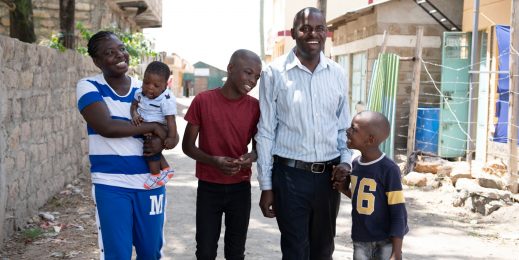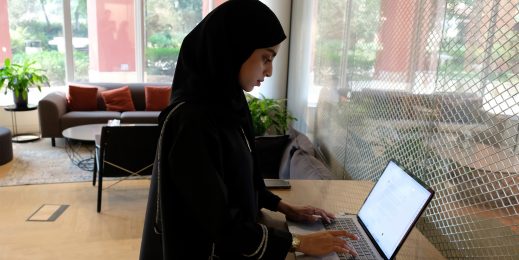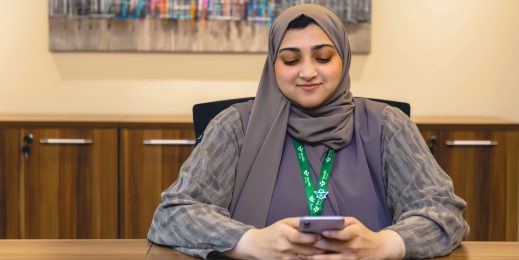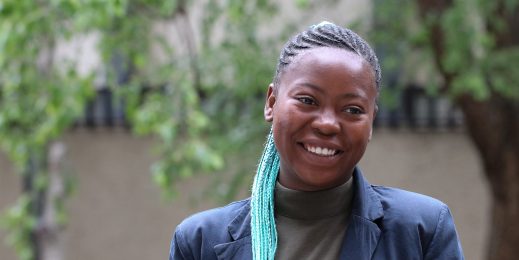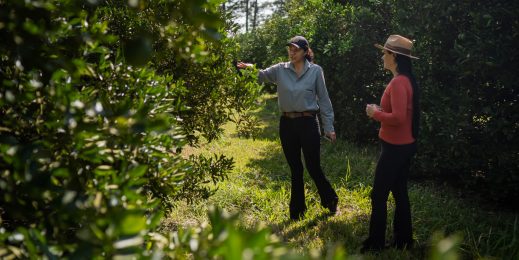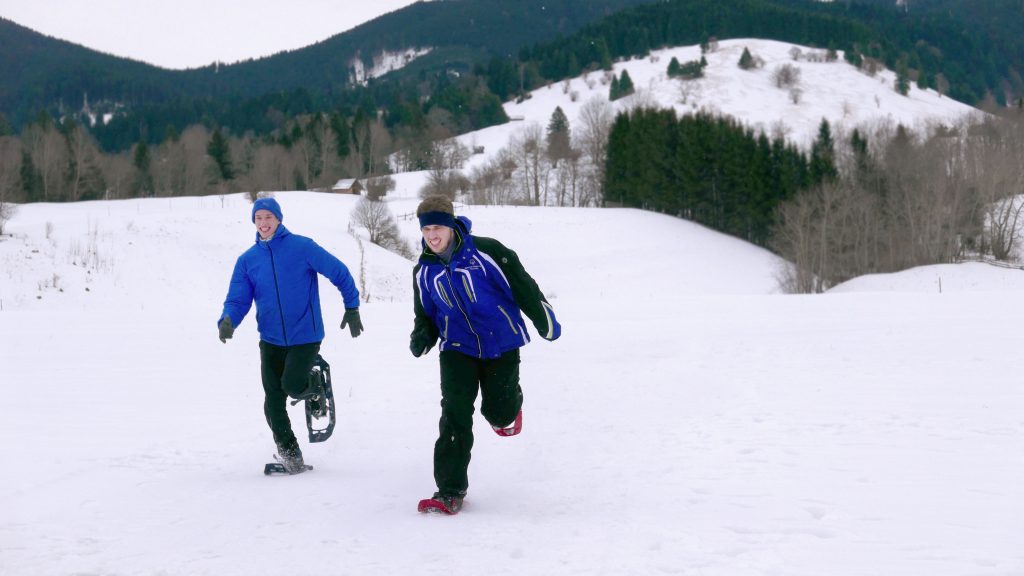
How Microsoft and Special Olympics are making dreams a reality
The Path to Greatness
Empower every person and every organisation on the planet to achieve more. Transform lives through the joy of sport, creating inclusive communities around the world. These are the powerful, respective missions of Microsoft and the Special Olympics, and read side by side, it’s easy to see how working together, they can help nurture greatness.
Founded by Eunice Kennedy Shriver in 1968, Special Olympics is the world’s largest sports organisation for the 200 million children and adults worldwide with intellectual disabilities.
Spanning all cultures, races and countries, the organisation supports 4.7 million athletes from 169 countries, and strives for athletes to empower themselves, encouraging them to see themselves for their abilities, growing their confidence through their accomplishments.
This year, the Special Olympics World Winter Games are running from 14-25 March, in Graz, Schladming and Ramsau in Austria – the country that hosted the very first Special Olympics World Winter Games held outside the US, in 1993.
Almost 2,700 athletes, 1,100 coaches and 3,000 volunteers have travelled to the mountains of Austria this year, and each and every one of them are pushing themselves to their ultimate limits.
Their journey has been one of hard work, dedication, perseverance and discipline, and no matter their respective outcomes or results, representing their country on the world stage is the highest honour in itself.
The road to the Games
The scale of Special Olympics is a huge challenge. Scheduling competitions, tracking performance, and capturing the health data of more than 4.7 million people in 220 global programmes across 169 countries, is a gargantuan effort by any company’s standards.
In 2014, Microsoft became the Official Technology Partner of Special Olympics, modernising the organisation’s technology in a huge digital transformation process, providing 800 Surface tablets, 1,200 handsets and hundreds of software licenses, all of which were used to track and record the events at the World Summer Games in Los Angeles in 2015.
The partnership with Microsoft allowed Special Olympics to save precious financial and volunteer resources which were free to be redirected into the organisation’s main mission to provide year-round sports training and athletic competitions in over 30 sports for children and adults with intellectual disabilities.
Through Microsoft’s Tech4Good initiative, Special Olympics’s 220 global programmes have received more than $17 million in software licenses including Microsoft Office and Microsoft Office 365, Dynamics CRM, Exchange server, SQL server, Project, Windows, Windows Server, and Windows remote desktop services.
In 2015, Microsoft and Special Olympics migrated the organisation’s Games Management System (GMS) to Microsoft’s Azure cloud solution.
This was the first time in Special Olympics’ history where a centralised cloud from a single data set – which comprised of 6,500 athletes in 15 different venues across 10 days of competition – was used.
Azure enables Special Olympics to run 100,000 events per year around the world, with an IT team of just six people, with data being instantly updated, backed up and shared securely with the right people, streamlined and simplified by Office 365.
From simplified collaboration to organising and running events, to storing records, results, health data and more, the GMS is the backbone of the Special Olympics. The Azure cloud platform can scale instantly when more power is needed, delivering data for 4.7 million global athletes, in an instant.
Azure also processes results faster than ever, drastically reducing the waiting time for results and removing the need to manually update schedules at the end of the day – a process which used to take five or six hours, often leaving athletes in a position where they wouldn’t know their competition location until the morning of an event.
What was taking us 5 to 9 months of man hours…now with the Microsoft Cloud it is taking us a week…It changes our world dramatically – Noah Broadwater, CTO of Special Olympics
Building on this success, Special Olympics is evolving their games management with a new system called Special Olympics Connect, which is also built on Azure.
This new system will replace the current Games Management System, increasing functionality and productivity by ensuring that data will be standardized and accessible to all Special Olympics Programs around the world, enabling data sharing and analysis across the entire movement.
Special Olympics is also continuing work with Microsoft and announcing plans to use Dynamics 365 to help Special Olympics manage their external constituents and donors, providing more personalized opportunities for new and current donors to engage and support the movement.
Mission 3000 – #WeAreMore
Special Olympics’ Mission 3000 programme encourages supporters to band together and form a fan club for each athlete, acting as a motivational mentor.
The programme encourages fan clubs to actively support their respective athletes by getting in touch with them, from writing letters, to sending emails and photos, recording video messages, and any other way they see fit to show their support.
As part of the Special Olympics Mission 3000 initiative, Microsoft is proudly sponsoring 30 athletes at this year’s Games with its #WeAreMore campaign, helping to fundraise and subsidise the cost of athletes while they are competing at the Games, as well as motivating and cheering them on throughout.
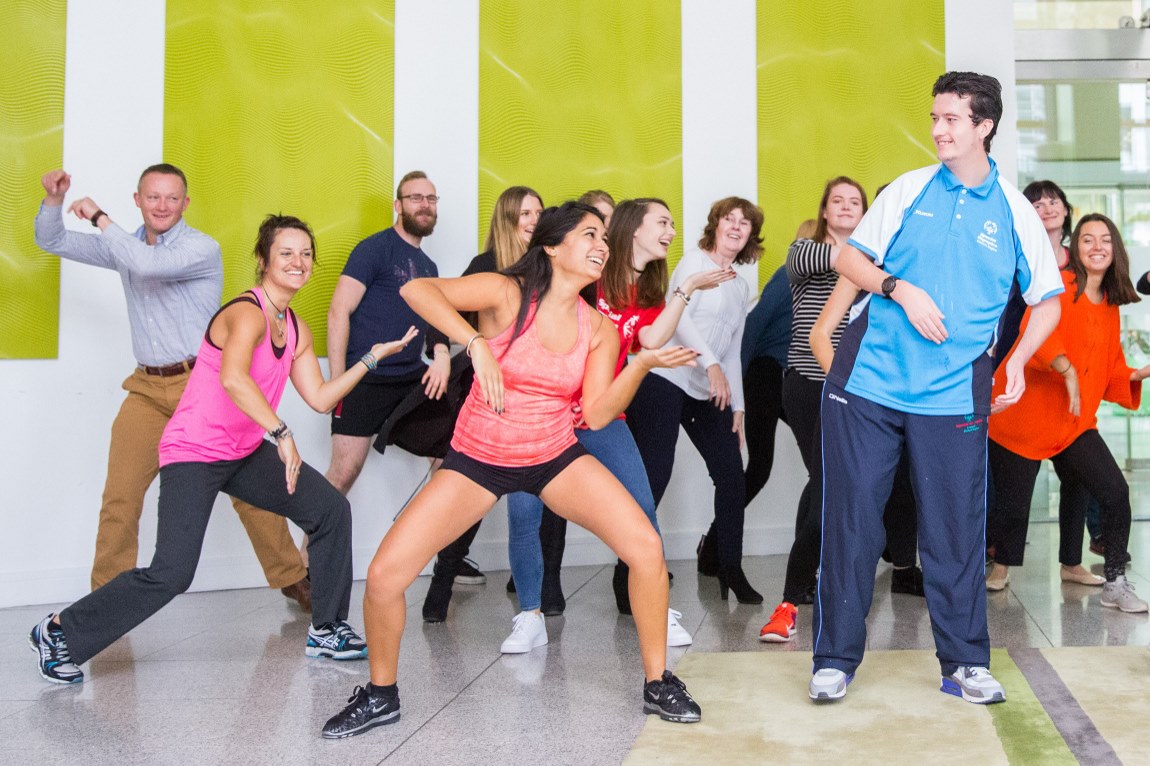
One such athlete is Niall Flynn, a Team Ireland alpine skier from Dublin, who has received support from the Microsoft team in Ireland – not only in the form of Surface and Xbox devices, but also support in training.
Flynn has undergone a year-long training programme, and Microsoft employees have joined him along his incredible journey, participating in a range of fitness activities, including Zumba, hill walking, rowing, cross-training, core exercises, yoga, aqua aerobics, wall climbing, trampolining, and of course, skiing – ending it all with a big party to wish Flynn luck ahead of the Games in Austria.
Another Microsoft-sponsored athlete is Austria’s Anna Maria Manolakas. Training regularly for 15 years, she initially began ice skating as a form of therapy, and having enjoyed it, continued to skate, reaching a level worthy of representing her country on the world stage.
Having trained two to three times a week with former professional figure skater Inge Herr-Strell, Manolakas took it upon herself to instead step into the shoes of a coach – taking 10 employees from Microsoft Austria – including Country Manager Dorothee Ritz – on to the ice, under her supervision and instruction.
The partnership between the Special Olympics and Microsoft is a very enriching one. On days like this is quite clear: we all can learn from each other. Both Microsoft and Special Olympics stand for the co-existence, the inclusion of all and for the potentials to be promoted. We are working together to achieve even more – Dorothee Ritz, Country Manager, Microsoft Austria
Germany’s Anton Grotz, a 22-year-old snowshoer from Unterammergau – a beautiful region of Bavaria – was able to combine his love for football with his ambition for achieving greatness, thanks to Microsoft’s sponsorship.
During the summer months, Grotz uses football to help build up his strength and endurance – an enthusiasm shared by Spielvereinigung Unterhaching forward Daniele Bruno, who spent a couple of days training with Grotz before the start of the Games.
The first day saw the pair on Bruno’s own turf, with Grotz training with the team and showing off his footballing prowess. The second reversed the rolls, with football boots making way for high performance snowshoes – with Grotz leading the way in explosive snow sprint training.
Everybody can learn from each other. A tough start to life doesn’t mean that you can’t become a world champion at the things you love – Daniele Bruno

Alex Scarborough, who has been skiing since the age of 10 after discovering his natural abilities on a school trip, will be representing Great Britain in Austria, competing in the Alpine Skiing category in both slalom and Super G.
Training on dry slopes once a week, Scarborough has already won a silver medal in national competitions, which has motivated him to train even harder, fuelling his desires for obtaining gold in Austria.
In an interview with Microsoft, Scarborough shared his passion for the sport and the challenges it poses, and he believes that skiing and representing his country in the Games has changed his life, giving him more confidence, improving his network, and helping him interact with other people and team building.
It shows you can do anything you want, even though you have a disability. It wouldn’t stop you from who you want to be – Alex Scarborough, Alpine Skier, Team GB
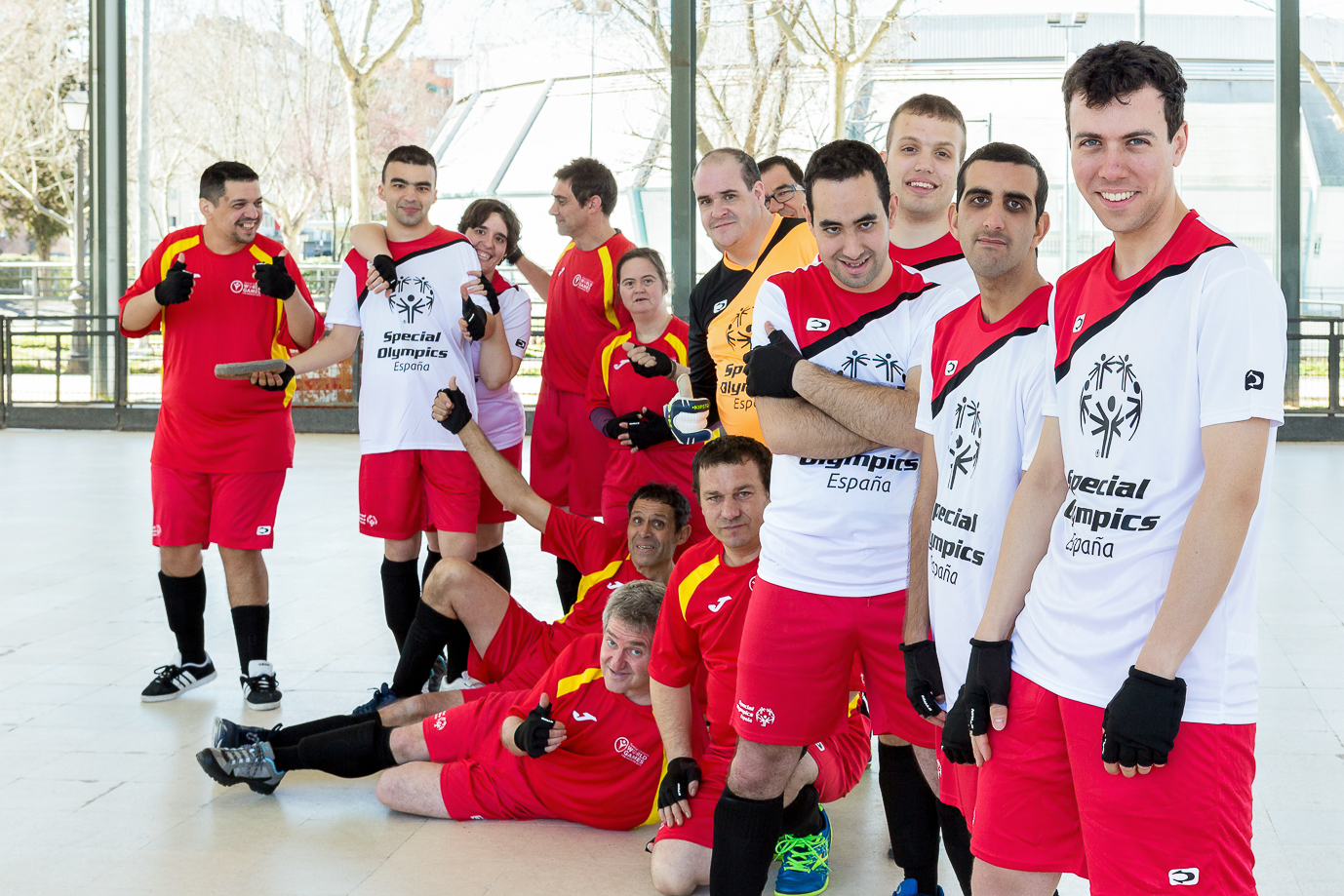
Spain’s Miguel Ángel Ortega will represent his country alongside 16 other teammates at the games, with indoor hockey – a discipline which requires communication and collaboration to ensure success.
Microsoft Spain spent some time with the players – both men and women – during a training session, and found the lack of free kicks, penalties and fouls a refreshing change of pace.
I have a great time. I feel like I’m with my family – Michelangelo, Indoor Hockey, Team Spain
Microsoft believes that diversity makes its work and communities stronger, which is why it is proud to support Special Olympics and its athletes in the pursuit of their passions in sport and beyond.
Microsoft’s #WeAreMore brand campaign is aimed at driving awareness on inclusion, diversity and mutual empowerment, and you can follow the stories of more athletes and their incredible journeys at microsoft.com/specialolympics2017.





